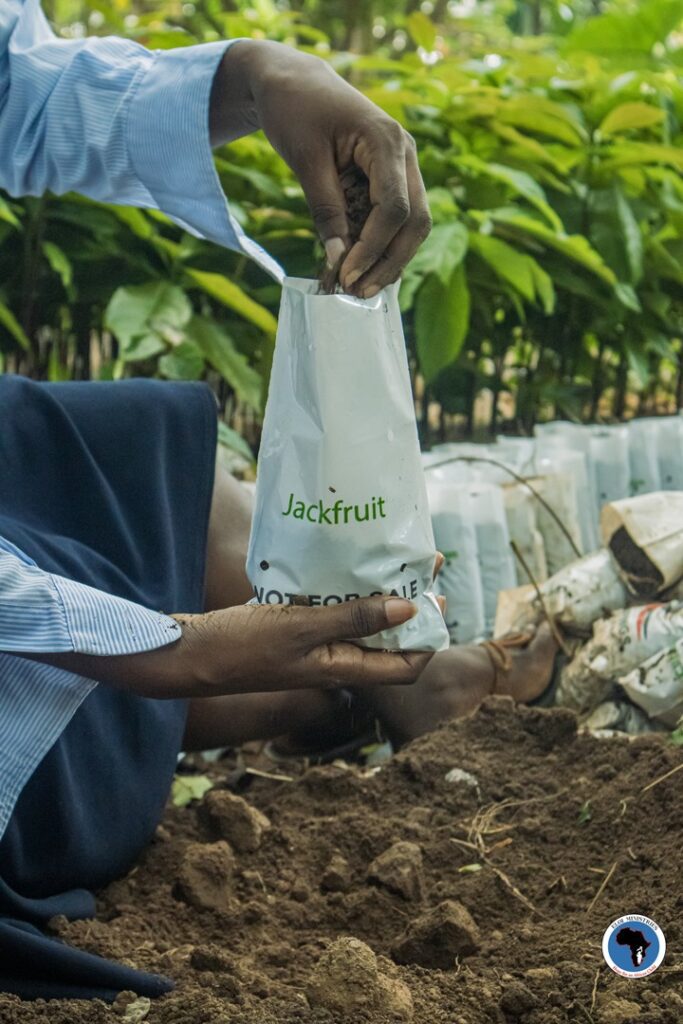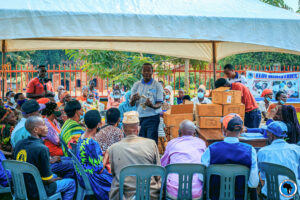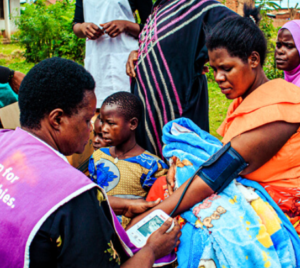Author: Bagombeka Job.
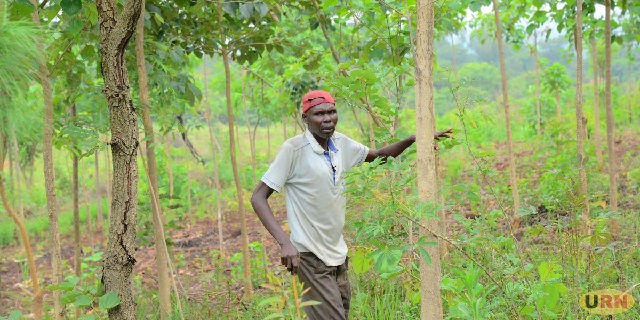
Climate change is an ever-pressing global issue that manifests in various ways, particularly through extreme weather patterns, rising temperatures, and unpredictable rainfall. These changes have far-reaching effects on many sectors, including road transport. In Uganda, a country heavily reliant on its road network for economic and social activities, the impact of climate change on road transport has been profound. Non-governmental organizations (NGOs) like ELOI Ministries are actively working to mitigate these effects and ensure a sustainable future for the nation’s transport infrastructure.
Impact of Climate Change on Road Transport in Uganda
- Infrastructure Damage: One of the most visible impacts of climate change on Uganda’s road transport system is the increased damage to infrastructure. Intense rainfall and flooding lead to the erosion of roads, bridges, and culverts. The frequency of such extreme weather events has increased, resulting in higher maintenance costs and frequent road closures, which disrupt the transport network.
- Increased Maintenance Costs: The unpredictability of weather patterns has made it difficult to plan for road maintenance effectively. Roads that were constructed to last several years now require frequent repairs due to damage caused by extreme weather. This places a financial strain on both the government and road users, as funds that could have been used for expanding the network are diverted to repairs.
- Disrupted Transport Services: Flooded roads and washed-away bridges can severely disrupt transport services, affecting the movement of goods and people. This is particularly critical in rural areas where alternative routes may be nonexistent. Such disruptions can lead to economic losses, as agricultural produce may not reach markets in time, and essential services like healthcare and education become less accessible.
- Safety Concerns: The deterioration of road conditions due to climate-induced damage also raises safety concerns. Potholes, washed-out sections, and weakened bridges increase the risk of accidents, making travel hazardous. This is especially worrying for the many Ugandans who rely on road transport for their daily commutes.
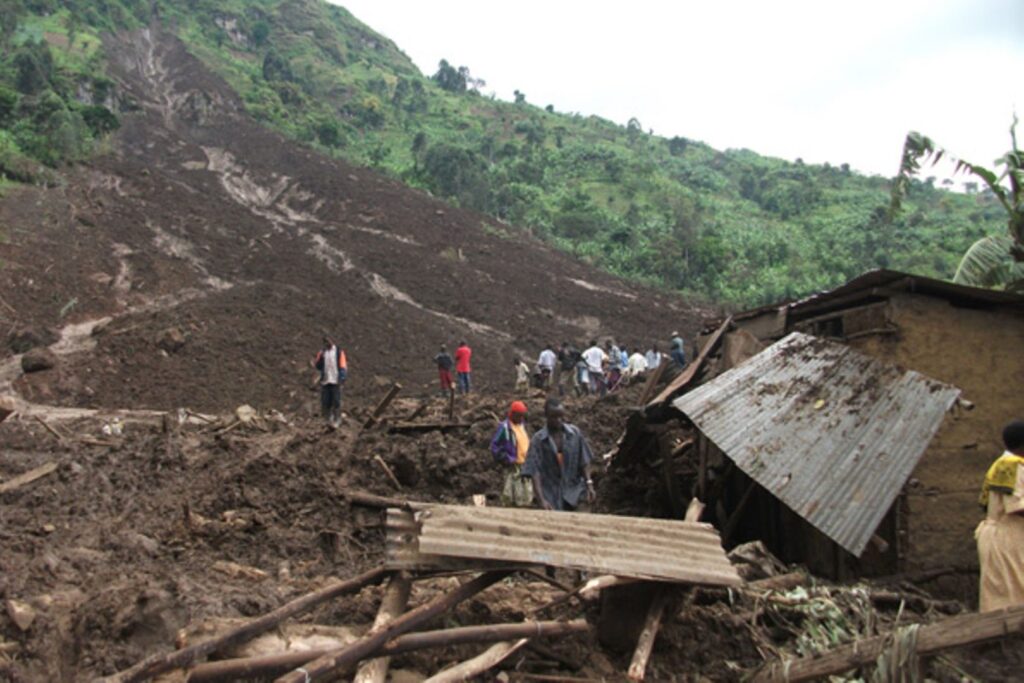
Steps Taken by NGOs to Curb the Effects
Non-governmental organizations have recognized the urgent need to address the impacts of climate change on road transport. NGOs like ELOI Ministries have implemented various strategies to mitigate these effects and promote sustainable practices.
- Advocacy and Awareness: ELOI Ministries, along with other NGOs, engage in advocacy and public awareness campaigns to educate communities and policymakers about the effects of climate change on road transport. By highlighting the importance of sustainable infrastructure, they aim to influence government policies and secure funding for climate-resilient projects.
- Infrastructure Projects: NGOs often partner with local and international organizations to fund and implement infrastructure projects that are designed to withstand extreme weather. These projects may include the construction of elevated roads and bridges, improved drainage systems, and the use of more durable materials that can endure harsh conditions.
- Community Involvement: ELOI Ministries places a strong emphasis on involving local communities in their projects. By training community members in road maintenance and climate resilience techniques, they ensure that there is local expertise to manage and repair infrastructure. This empowerment leads to more sustainable and long-lasting solutions.
- Research and Development: NGOs are also at the forefront of researching innovative solutions to combat the effects of climate change on road transport. They work with academic institutions and industry experts to develop new materials and construction methods that can better withstand extreme weather conditions.
- Policy Development: Through collaboration with government bodies, NGOs contribute to the development of policies that promote climate resilience. This includes advocating for stricter building codes, better land use planning, and the integration of climate risk assessments into transport planning.
- Emergency Response: In times of extreme weather events, NGOs like ELOI Ministries provide emergency response services to repair damaged infrastructure quickly and restore transport services. This rapid response helps minimize the disruption caused by natural disasters and ensures that aid and essential services can reach affected areas promptly.
Conclusion
Climate change poses significant challenges to road transport in Uganda, but through the concerted efforts of NGOs like ELOI Ministries, there are tangible steps being taken to mitigate these impacts. By advocating for resilient infrastructure, involving communities, researching innovative solutions, and influencing policy, these organizations play a crucial role in ensuring that Uganda’s road network can withstand the challenges posed by a changing climate. Continued support and collaboration between the government, NGOs, and the international community are essential to safeguard the future of Uganda’s transport infrastructure.
Author: Bagombeka Job

